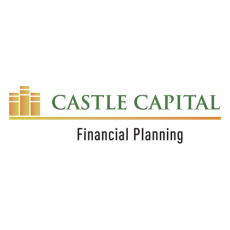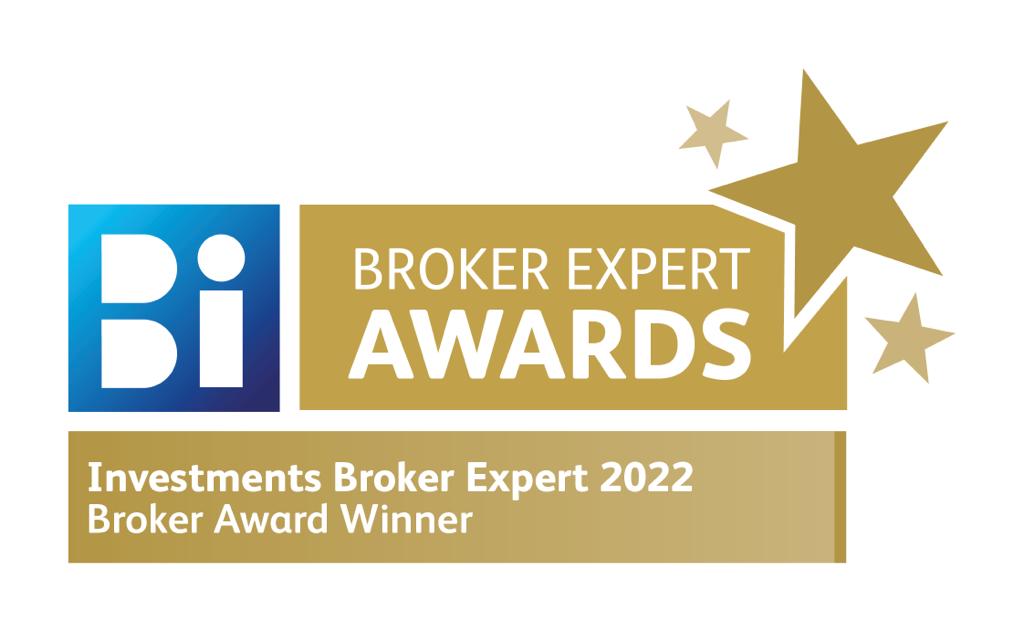2022 was a great year for Castle Capital Financial Planning. We were honoured to win the Investments Expert Award by Brokers Ireland. We do love reminding ourselves and everybody about this!
We know there is a huge amount of terminology surrounding investments that can cause confusion, so we thought we’d remove some of the mystique by explaining some of the key terms.
Investment markets have been very volatile over the last year or so, and there are lots of conversations happening about investment portfolios and the prospects for the years ahead.
Here are some terms that you might hear quite frequently and what they mean.
Active/passive investment: These are different approaches to portfolio management. Active management is where an individual manager will attempt to outperform through wise asset / stock selection. A passive investment approach is where a manager mirrors all of the shares proportionally in an index, such as a stock exchange index. The goal of passive investing is to match the performance of the overall index.
Annual dividend/yield: The dividend is the amount paid out to shareholders during a year, usually based on a share of the profits. The dividend yield is calculated by dividing the dividend amount paid on each share by the share price itself.
Asset class: This is a group of similar types of assets that make up an investment portfolio. The most common asset classes are equities (shares), bonds, property, cash and commodities.
Bear market: This usually refers to a fall of at least 20% from a market peak over a period of time.
Bonds: These are loans made by investors to companies or governments, in return for a fixed rate of interest and a return of the original capital at the maturity date of the bond.
Correlation: The degree to which two securities tend to move in the same direction. A well-diversified portfolio will have lots of non-correlated assets.
Correction: Smaller than a bear market, this term is usually used in relation to a 10% drop in share prices.
Equities: Shares, stocks – different names but the same thing. They represent a partial ownership of a business.
Hedge: This is a strategy used to offset some of the risks in an investment. Companies use hedging to protect themselves against risks such as currency movements or possible future price rises of a key raw material.
Leverage: The use of borrowings to increase an investment impact. Great when a market rises, a disaster when a market falls. Remember the impact of property debts in Ireland in 2008 and the following years…
Market capitalisation: Market cap for short, this is the total value of the shares of a company. This is calculated by multiplying the number of shares outstanding by the share price.
Premium/discount: These terms are used to describe an exchange traded fund (ETF) that is trading above (premium) or below (discount) its net asset value, or bonds trading above or below their face value.
Real return: The actual return when the impact of inflation is included. An investment that grows by 3% in a period of inflation of 3% delivered no real return.
Sectors: These are used to describe different areas of an economy, such as financial services, construction, healthcare, technology and industrials. A well-diversified share portfolio will usually contain stocks from a wide range of sectors and geographical regions. The reason being to avoid having “all your eggs in one basket”.
Stock Exchange: These are locations, both physical and online, where shares are traded.
Volatility: A measure of the degree to which a fund’s performance fluctuates. The basic rule is the higher the volatility, the greater the risk an investor is taking in search for higher returns from their investment.
This is not an exhaustive list, there are many more investment related terms. If you’d like to further your investment knowledge, you can read the blog we wrote on invstment volatity Investing in volatile times – Castle Capital (ccfp.ie)
We are running investment videos over the next number of weeks and you should watch Leah and Jonathan on our social media channels.
Feel free to get in touch to discuss investment options that suit you Contact – Castle Capital (ccfp.ie)
Castle Capital Financial Planning

